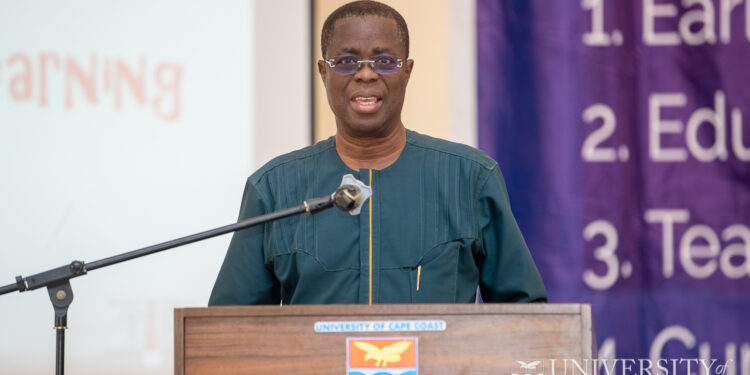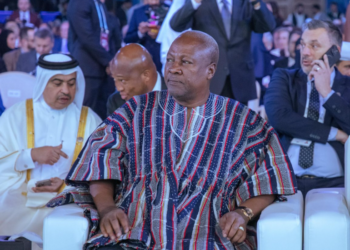Former Vice Chancellor of the University of Cape Coast, Professor Joseph Ghartey Ampiah has called for the inclusion of Artificial Intelligence (AI) into education to provide personalized learning paths and adaptive learning experiences.
He said Artificial Intelligence has developed into a powerful educational tool that allows teachers to customize lessons to meet each student’s specific needs and preferences.
The former Vice Chancellor made this call while delivering an address at the 2nd Conference of Educational Development and Outreach at the University of Cape Coast on Thursday, May 2, 2024.
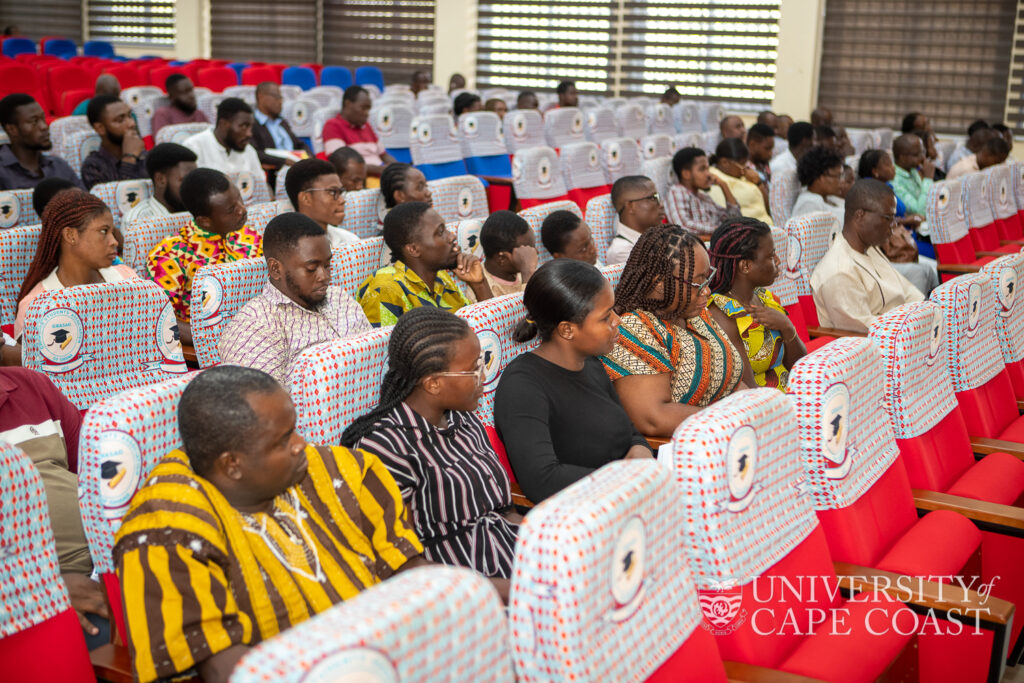
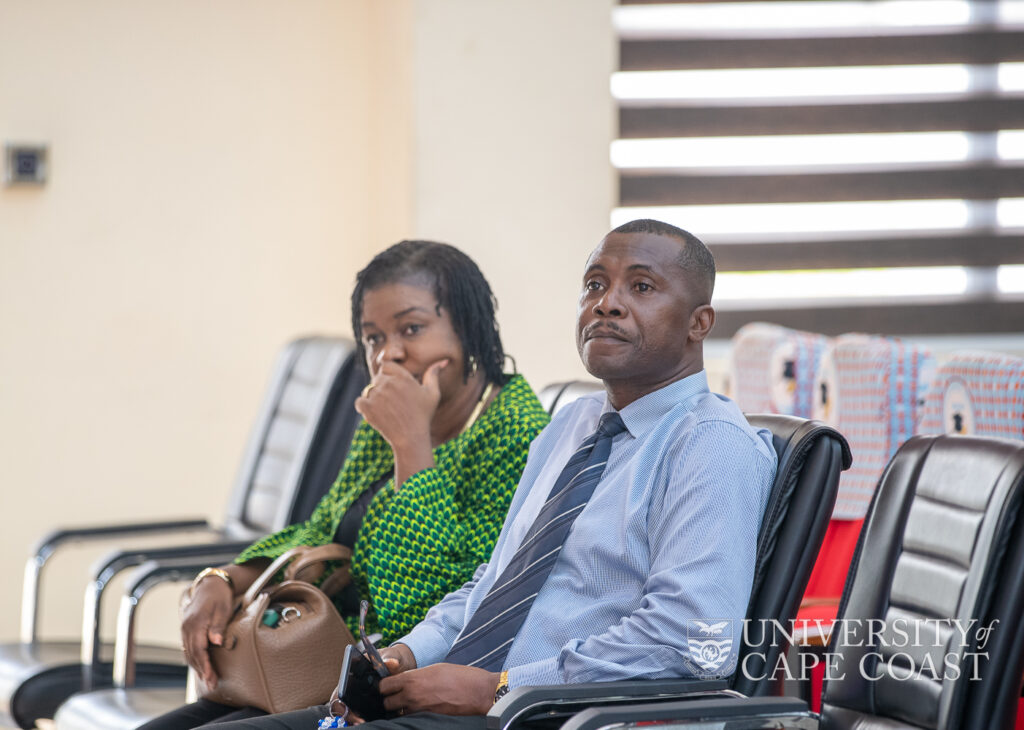
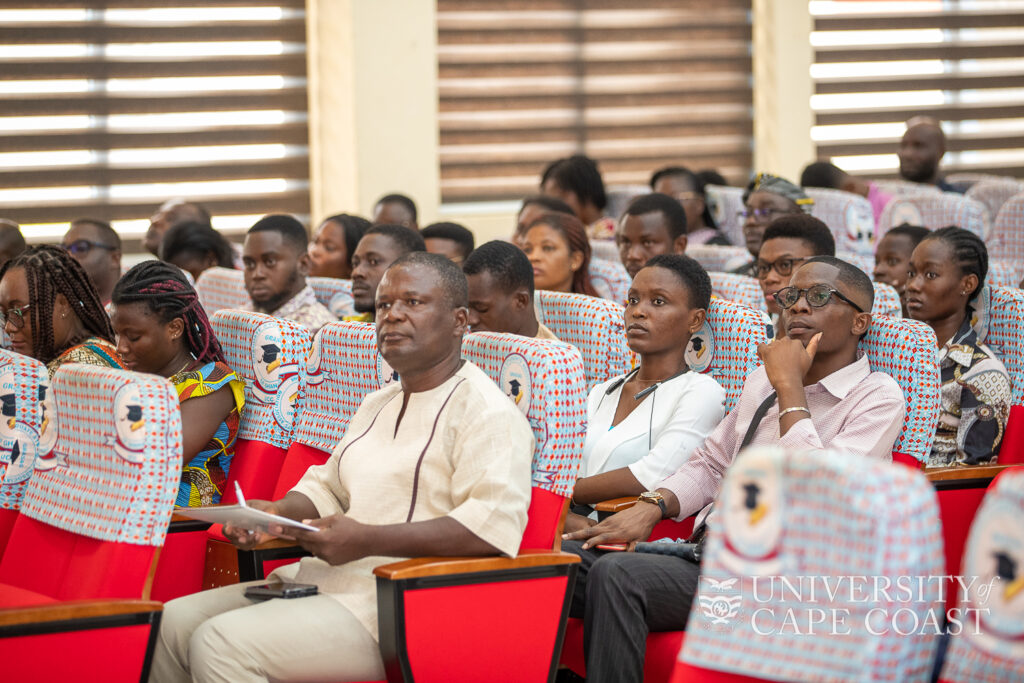
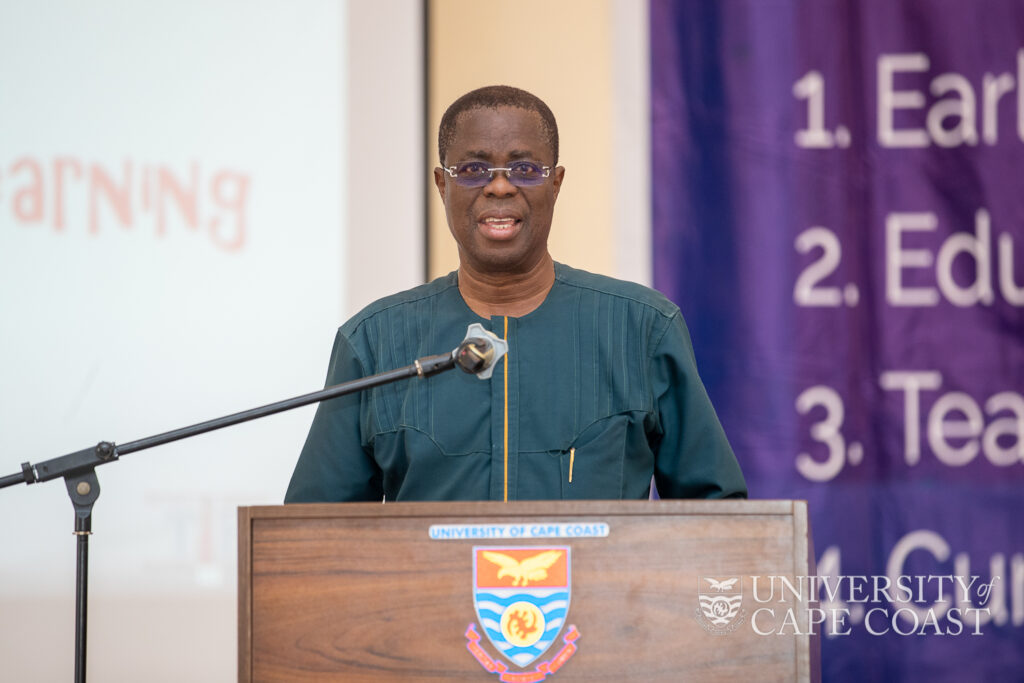
To him, as education is changing globally, teachers can leverage the power of AI algorithms to create customized learning and adaptive learning environments that maximize students’ potential.
“Teachers can leverage AI technology to streamline their lesson planning process. AI tools can aid us in our lessons and can aid educators in crafting customized and captivating lesson plans, adjusting their teaching approaches to cater to each student’s needs, and managing administrative duties with greater efficiency,” he said.
Prof. Ghartey-Ampiah emphasized that the employment of AI not only saves time but also enhances the quality of instruction, leading to enhanced student involvement and academic performance.
Meanwhile, He advised that ethical considerations such as data privacy and bias should be considered in AI use to ensure the tools used all adhere to ethical standards.
Prof. Ghartey Ampiah urged students and educators to familiarize themselves with AI tools and their applications to aid in teaching and learning.
Speaking on the theme for the conference, Empowering Future Citizens: Innovative Education in the 21st Century, Prof. Ghartey Ampiah called for a shift from the old methods of practising, teaching, and learning in the Ghanaian education system.
He said the world is changing and becoming more complex, hence the need to adopt a more comprehensive approach that fosters creativity, problem-solving, and adaptability rather than relying solely on outdated, sometimes rude learning methods and standardized tests.
“This situation calls for innovation in education”, he continued.
He believes it is time for Ghana to adopt a more flexible, inclusive, and progressive education that fosters creativity and critical thinking.
On his part, the Provost of the College of Education, Prof. Ernest Kofi Davis said integrating technology, promoting experiential and interdisciplinary learning, and prioritizing lifelong learning initiatives can empower learners to navigate the complexities of the modern world with confidence and competence.
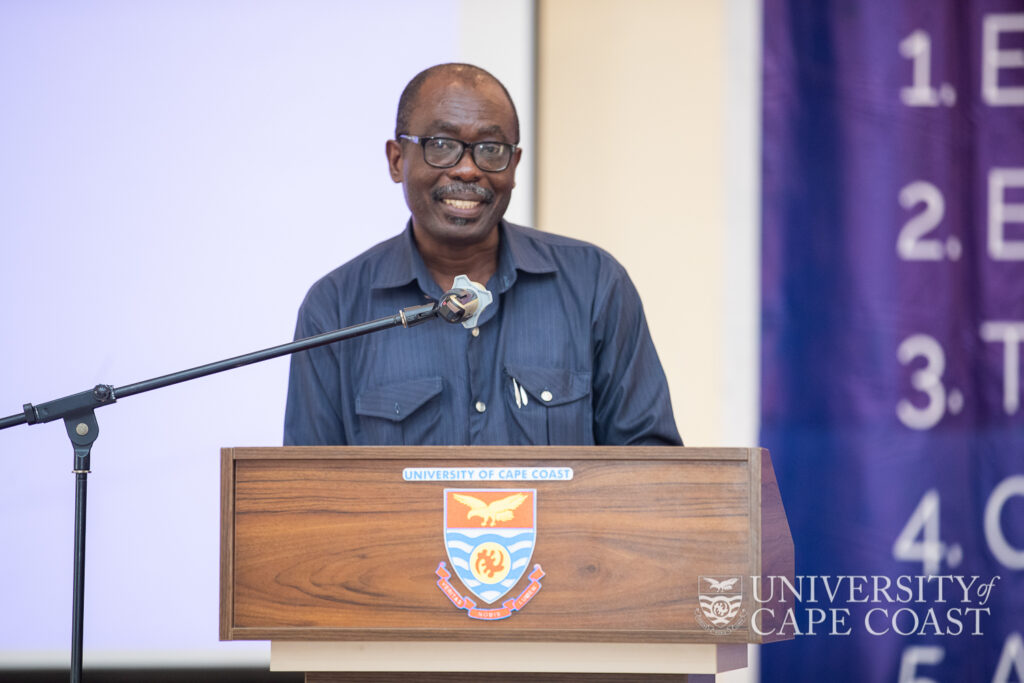
To him, the demands on 21st-century graduates require an innovative educational approach to empower them to be relevant.
“The demands on learners in the 21st Century are more sophisticated, encompassing digital literacy, adaptability, collaboration, creativity, and lifelong learning, just to mention a few education and training systems that must adapt to these demands by embracing innovative pedagogies that foster holistic skill development”, he said.
Read also: EC begins limited voter registration exercise today
Source: Eric Sekyi/ATLFMNEWS
















